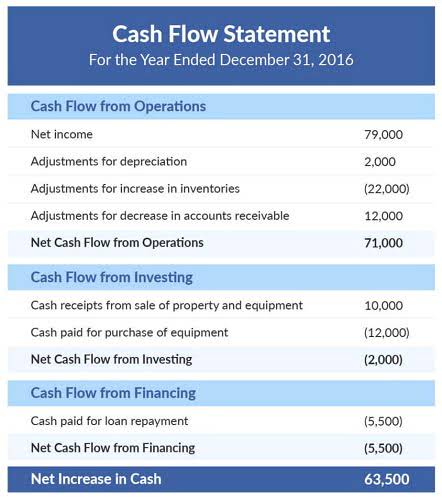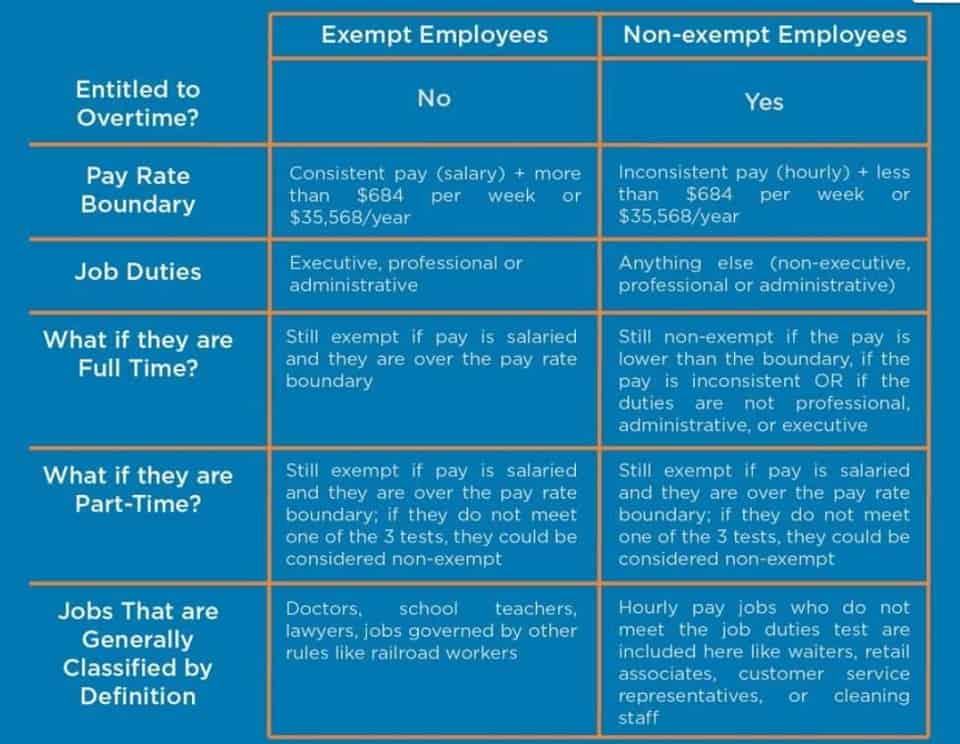
Bookkeepers work closely with accountants to ensure that the financial statements are prepared in compliance with accounting principles and regulations. They provide the necessary supporting documents and reconcile any discrepancies, contributing to the accuracy and reliability of the financial statements. Investors and creditors rely on accurate financial records to evaluate a company’s financial health and viability when seeking funding or partnerships.
AGENTS OF CHANGE: REASONS FOR ADOPTING IPA
- Once entries are posted, the IPA solution can generate financial statements, validate them against predefined rules, and compile supporting documentation.
- In an increasingly digital profession, data security has become one of the most critical challenges facing finance and accounting professionals today.
- They assist in making informed decisions about budgeting, pricing, expansion, and investment strategies.
- They use the information provided by bookkeepers to prepare comprehensive financial reports, including tax returns and balance sheets.
- Designed with freelancers in mind, LessAccounting aims to simplify bookkeeping for those who manage it alone.
In May 2023, the BLS reported median salaries of $79,880 per year for accountants and auditors. This figure covers all professionals working under those job titles, not just licensed ones. Payscale https://www.bookstime.com/ data from September 2024 found that CPAs earn average base salaries of $99,000 per year, while CMAs made an average of $102,000 per year.

Keep your personal and business finances separate
These roles both fall under accounting, and they both work towards the same goals. Yet as mentioned earlier, they serve the business in different stages of the financial process. Accountants also need attention to detail, especially when reviewing financial reports or tax documents. Bookkeepers enter transactions into the general ledger, which is the main bookkeeping accountants record of a business’s financial activity. Bookkeepers are often involved in a business’s day-to-day operations, while accountants take a higher-level view. Because bookkeepers tend to work for smaller companies, they may not be paid as much as accountants.
- You may face challenges with financial reporting, tax rules, and compliance requirements.
- If you’re looking to convert from manual bookkeeping to digital, consider a staggered approach.
- Some accounting positions may require a master’s degree (e.g., Master of Accounting or Master of Business Administration).
- By having access to this data, businesses of all sizes and ages can make strategic plans and develop realistic objectives.
- Noncompliance can result in penalties, legal consequences, and reputational damage.
What Are Some Common Bookkeeping and Accounting Challenges Faced by Small Businesses? – Bookkeeping vs. Accounting

She’s also held roles with CNN Underscored, launching the Travel vertical, and as the Global News Editor at The Points Guy. A native of Upstate New York, she’s traveled to more than 50 countries and currently resides outside of London. We like the dedicated accounting nature of this service, so business owners of non-accounting firms will want to look elsewhere. It’s worth noting that pricing of $69 per license per month applies to accounting firms looking to onboard and manage client entities through Botkeeper on a self-managed basis. You can buy an unlimited number of licenses, which is great for larger accounting firms. A business must know what a bookkeeper do vs accountant to determine which professional to hire for their business needs.

Accurate bookkeeping provides a reliable foundation of financial information for a company. By recording and organizing financial transactions precisely, bookkeepers ensure that the company’s financial records reflect its true financial position and performance. This reliable information is essential for decision-making, strategic balance sheet planning, and evaluating the business’s financial health. A key responsibility is reconciling accounts to ensure recorded transactions match bank statements and other financial records. This helps identify discrepancies such as unauthorized charges, missing deposits, or data entry errors. Monthly reconciliations maintain accuracy and prevent financial mismanagement.


There’s no one-size-fits-all answer to efficient bookkeeping, but there are universal standards. The following four bookkeeping practices can help you stay on top of your business finances. Bookkeeping has its benefits, but it also comes with a few disadvantages, depending on whether you’re hiring someone or doing it yourself.
